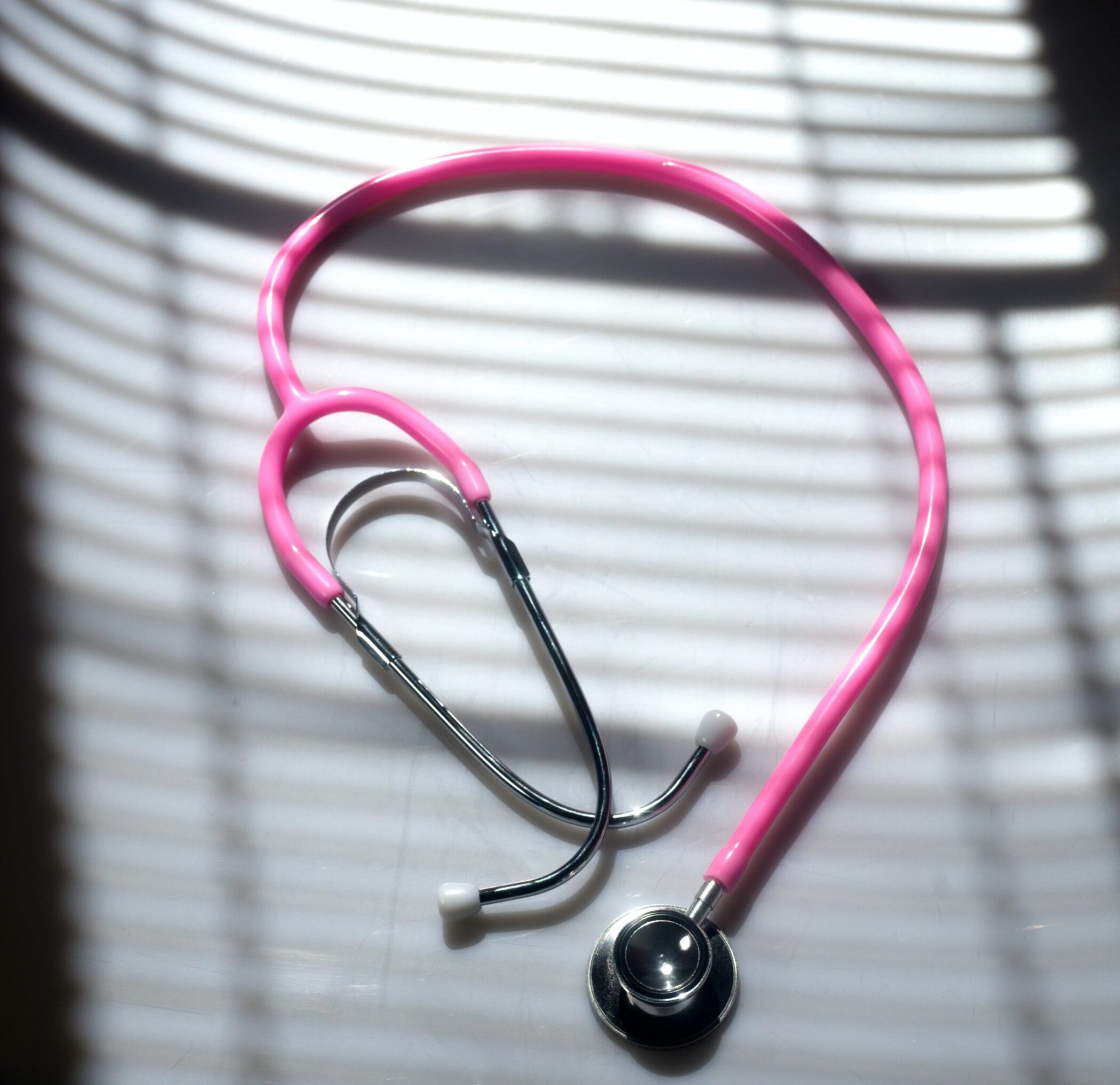In the All India Quota for medical admissions, the Narendra Modi-led government has authorised reservations for OBC and EWS (economically weaker segment) students. Students from other backward class categories (OBC) will now receive a 27 percent reservation for admission to graduate, postgraduate, and certificate level medical courses, while those from the Economically Weaker Section (EWS) would receive a 10% reservation.
This move is likely to assist about 1500 OBC students in MBBS and 2500 OBC students in postgraduate programmes each year, as well as 550 EWS students in MBBS and 1000 EWS students in postgraduate programmes. Reservations will be made under the All India Quota system (AIQ). Students in the SC and ST categories are already entitled to 15% and 7.5 percent reservation under the AIQ.
Students who pass the NEET (both UG and PG) must attend a counselling session after passing the exam. Counselling is provided at both the national and state levels. The central quota, or All India quota, covers up to 50% of PG seats and 15% of all UG seats. In the AIQ section, a new reservation will be added.
“This will assist hundreds of our youngsters gain better opportunities every year and develop a new paradigm of social fairness in our country,” he added. PM Modi held meeting on Monday evening and there, PM was in favour of giving reservations not only to OBC candidates, but also to those who fall into the EWS category.
The All India Quota Scheme was established in 1986 on the orders of the Supreme Court to enable students from any state with domicile-free merit-based possibilities to study in a good medical college in another state. MBBS seats have increased by 56 percent in the last six years, from 54,348 seats in 2014 to 84,649 seats in 2020, while PG seats have climbed by 80 percent, from 30,191 seats in 2014 to 54,275 seats in 2020. 179 additional medical colleges were formed within the same time period, bringing the total number of medical colleges in the country to 558.



